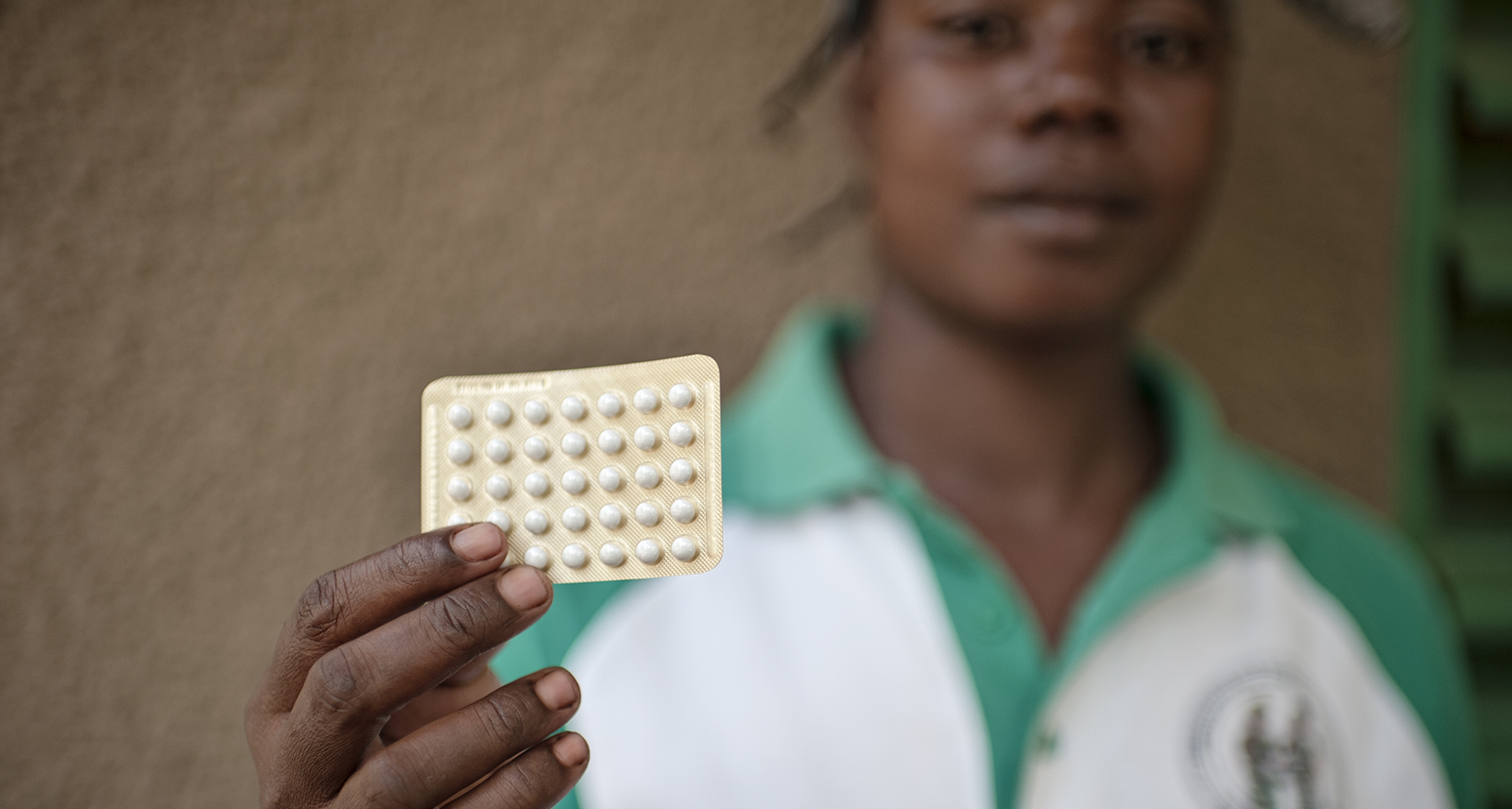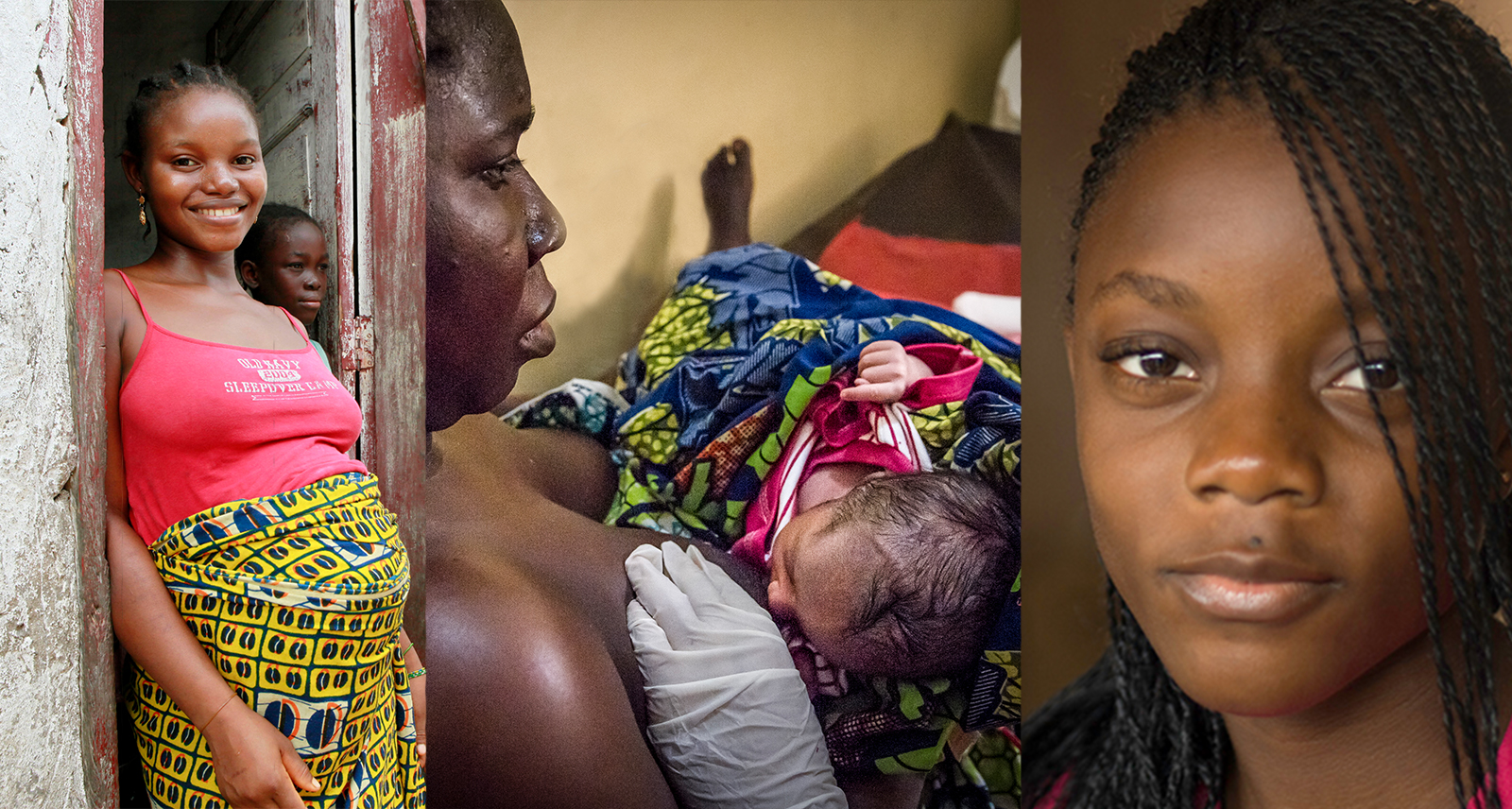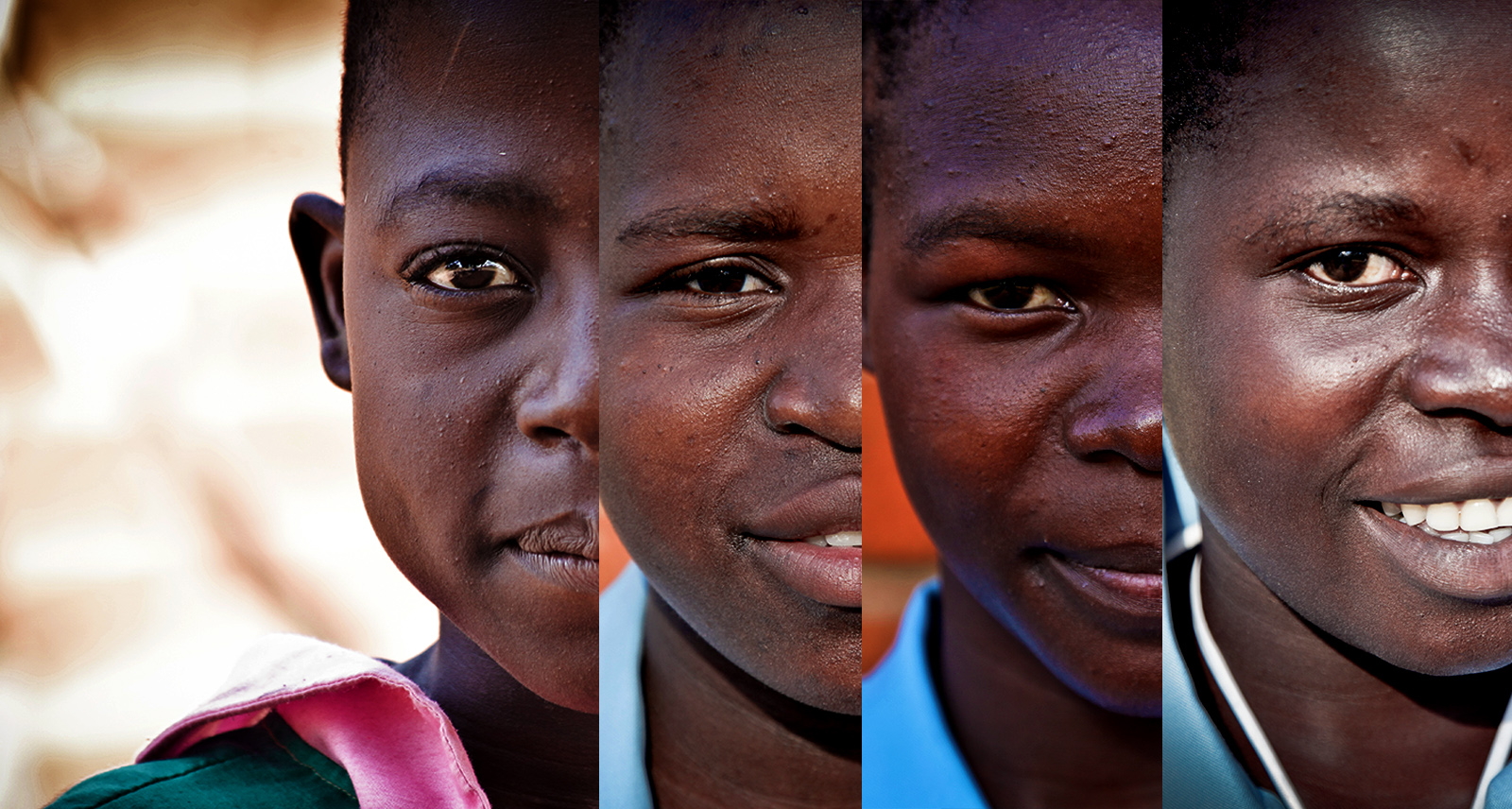Blogs

The basic concept behind Comprehensive Sexuality Education (CSE) is that it enables young people to make informed decisions about their sexuality and health. Research shows that youth who complete secondary and higher education have better sexual and reproductive health outcomes and are more likely to have higher socio-economic status. According UNESCO, CSE is an age-appropriate, culturally relevant approach to teaching about sex and relationships by providing scientifically accurate, realistic, non-judgemental information.
According to the 2014 Kenya Demographic and Health Survey (KDHS), 18 percent (about 1 in 4) of teenage girls in Kenya aged 15-19 have begun child bearing. Additionally, the median age for the first sexual experience for women aged 20-49 is 18 years whereas for men aged 20-54 it is averaged at 17 years nationally, meaning that the youth are having sex at an early age. Similarly, it is reported that between 25 percent and 40 percent of women and men aged 15-24 respectively, engage in risky sexual behaviour which exposes them to HIV as well as STIs.
During the 2016 World Population Day celebrations in Nairobi, a teenage mother shared her story about the hardships she faces as well as her plight on having to drop out of school due to the pregnancy. Advising her peers, she said: “I would urge young girls to refuse to be deceived by men into having unprotected sex. It is really difficult to provide for a child as a single mother and even worse to hustle while you are pregnant. But when you become a parent, you have no choice but to take care of the child the best way you can. ”
Her experience underscores the need to educate the youth on their sexuality so that they are able to make informed decisions regarding their reproductive health, thereby reaching their full potential. Sexuality education enhances more responsible sexual behaviour.
Most non-governmental organisations working with youth support CSE because it is based on research evidence. Valuable information and data is derived from work relating to HIV & sexually transmitted infections (STIs), teenage pregnancy as well as Adolescent Sexual and Reproductive Health (ASRH). This evidence calls for the need to educate youth on their sexuality.
Agencies that support CSE include UNESCO, UNFPA and the African Institute for Development Policy (AFIDEP). They partner with the Government of Kenya in the formulation of evidence-informed policies. During a stakeholders’ meeting in which these partners were represented on July 28, 2016, participants highlighted the need to create a platform where information can be shared between the Ministry of Health and Ministry of Education while maintaining consistency in messaging on CSE across the board. The meeting was organised by the Sexual Reproductive Health and Rights Alliance (SRHR) in collaboration with Centre for the Study of Adolescence (CSA).
There has been on-going debate on the implementation of CSE for both in and out-of-school adolescents. The main advocates of CSE are state and non-state actors involved in the formulation of policies and design and implementation programs tackling adolescent sexual and reproductive health (SRH). Advocates of CSE base their support on evidence showing that adolescent SRH is either not improving or worsening.
Providing CSE increases knowledge and understanding; helps explain and clarify values for the youth; develops and strengthens skills while promoting and sustaining risk-reducing behaviour. Despite this evidence, some religious leaders and parents are not convinced about the benefits of CSE, particularly its introduction in the school curriculum. They view it as going against the African culture and religious teachings and encouraging sexual immorality.
Recommendations for implementation of comprehensive sexuality education
Given the various myths and misconceptions regarding CSE, the concept should be clearly defined stating what it is and what its benefits to adolescents health are. Additionally, there is need for clarification on CSE issues with reference to the content of the International Guidance on Sex Education (ITGSE). Stakeholders are urged to be more involved in the curriculum reform by providing evidence for and against CSE; focusing on the content, topics covered and teacher training while engaging the MoEST in consultative meetings.
Related Posts




